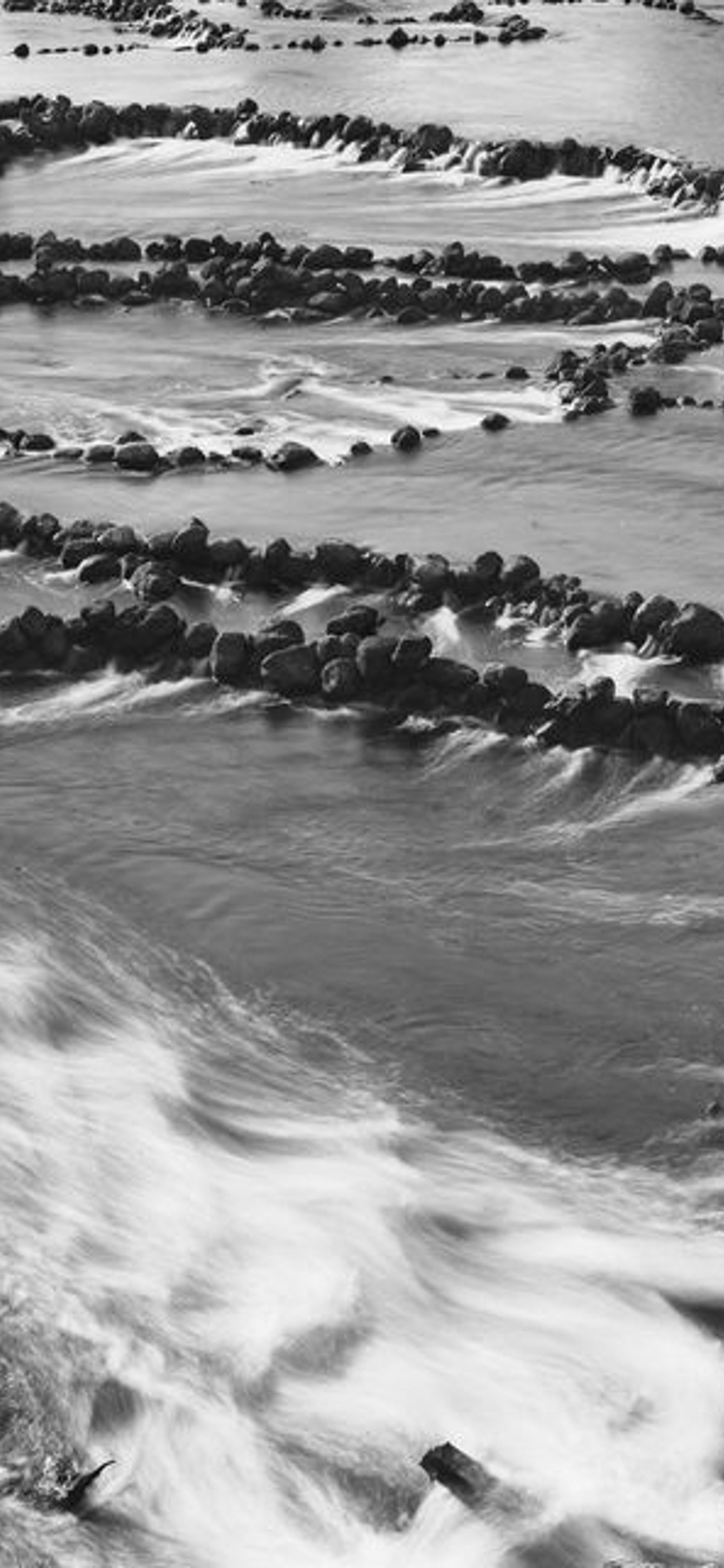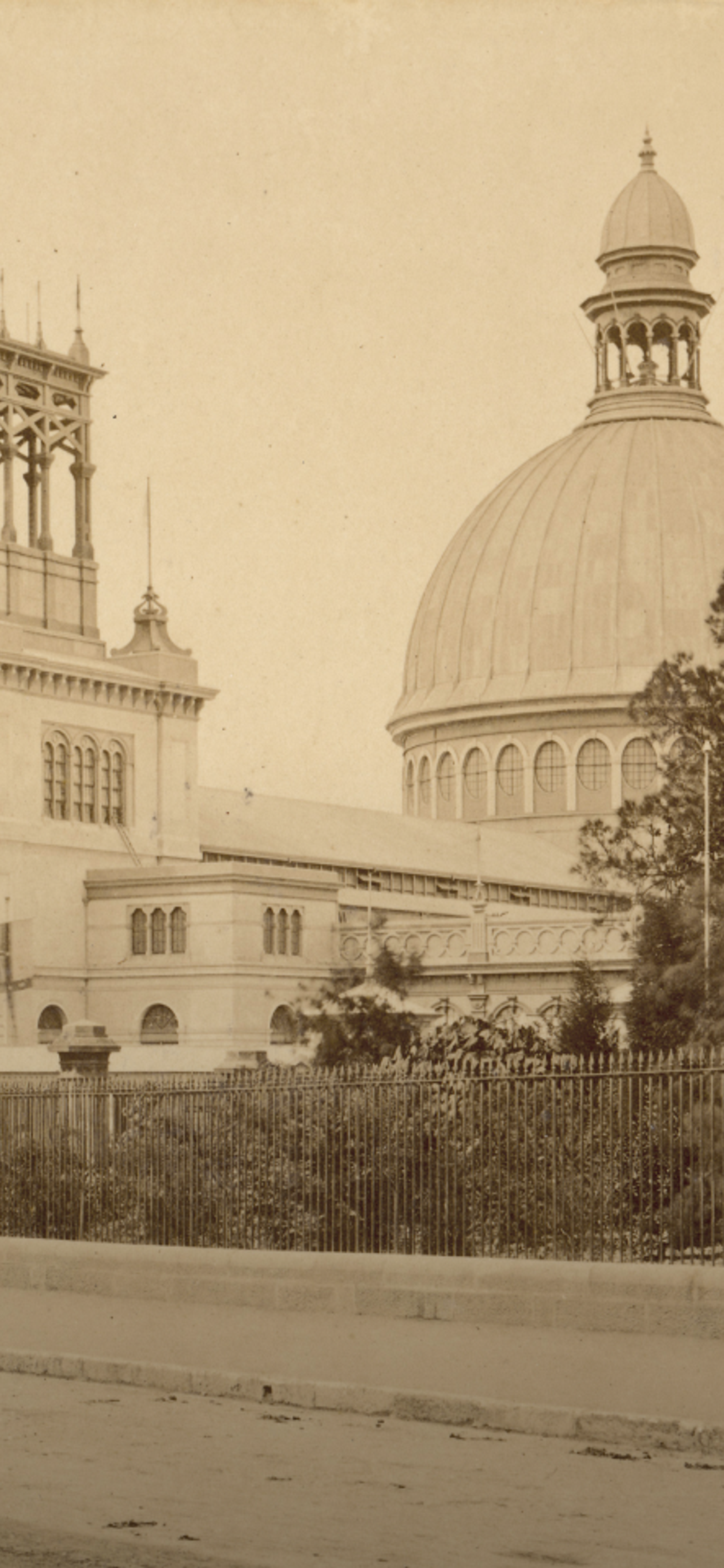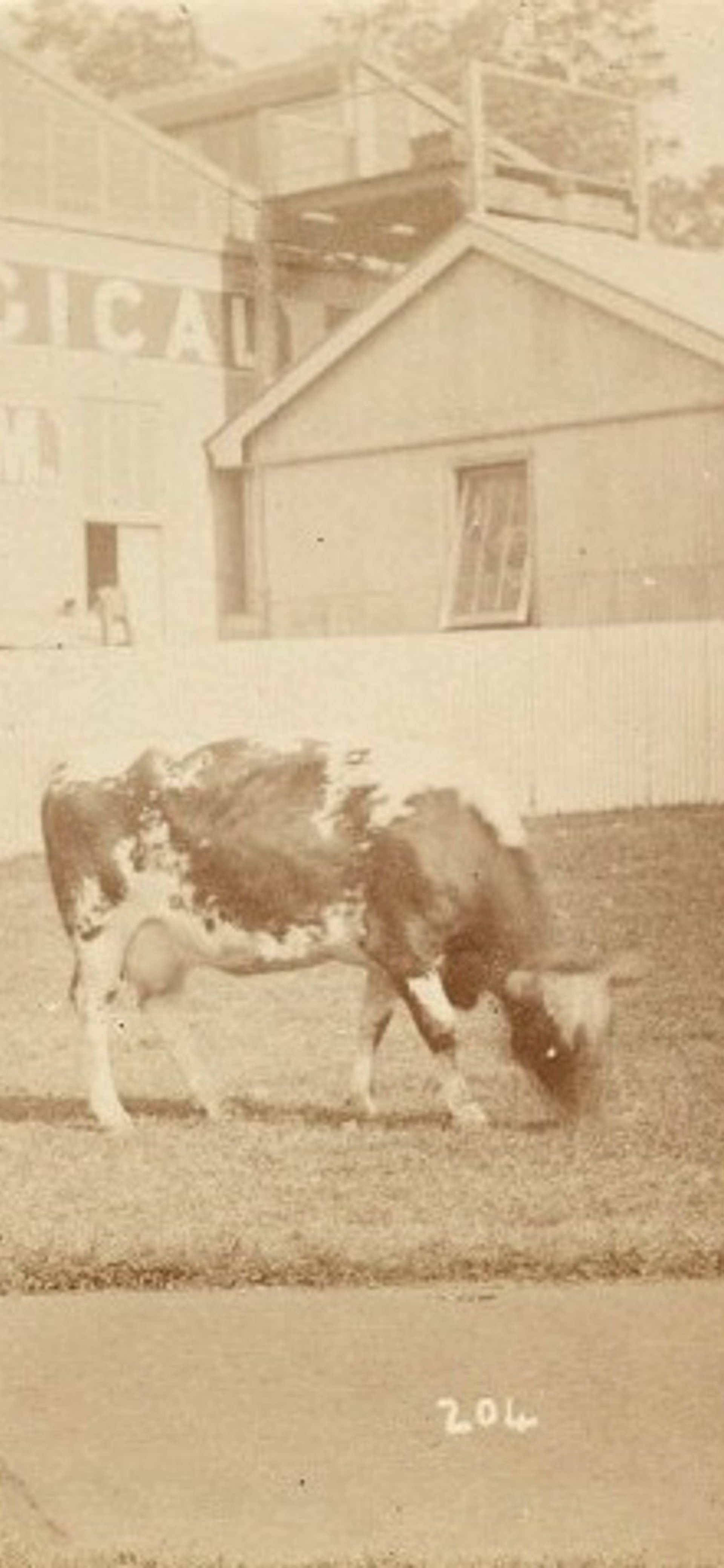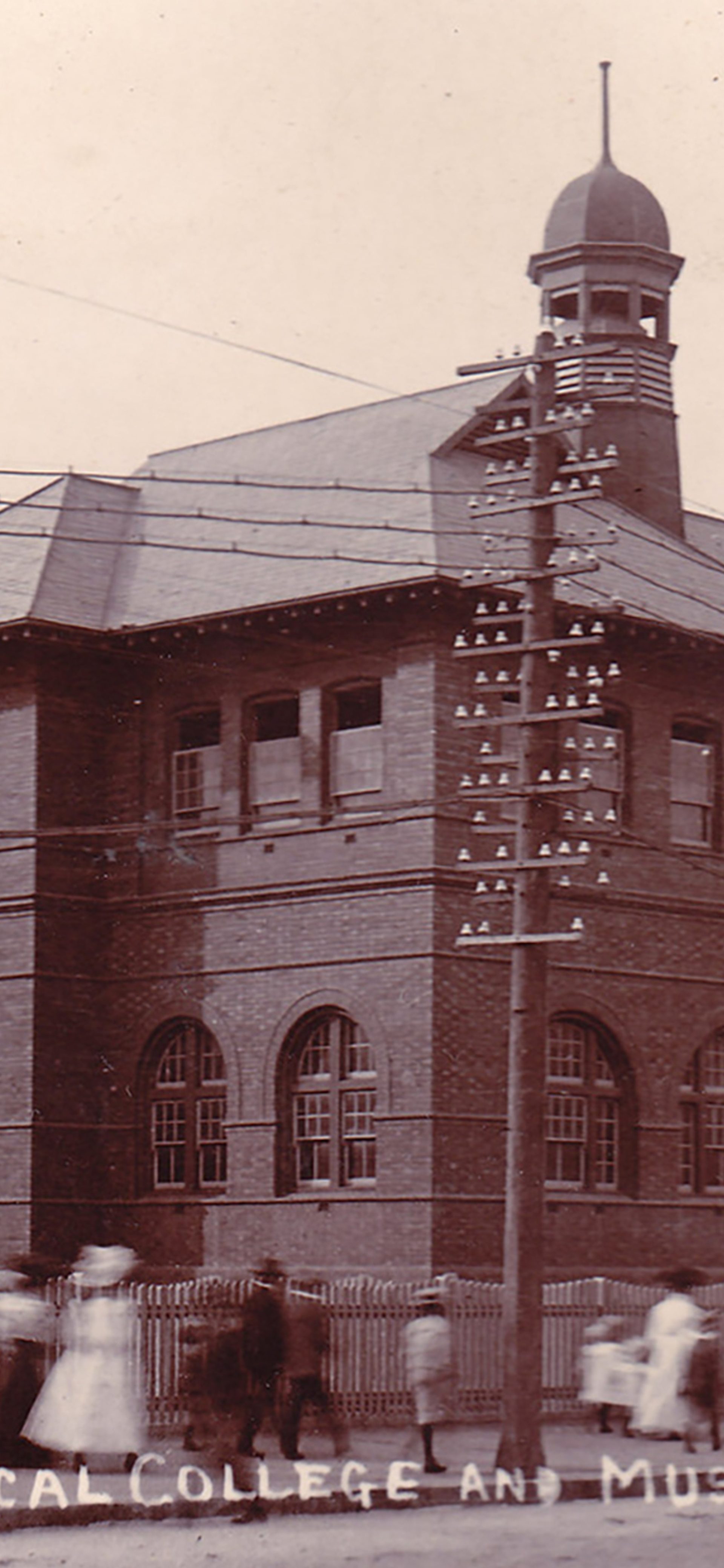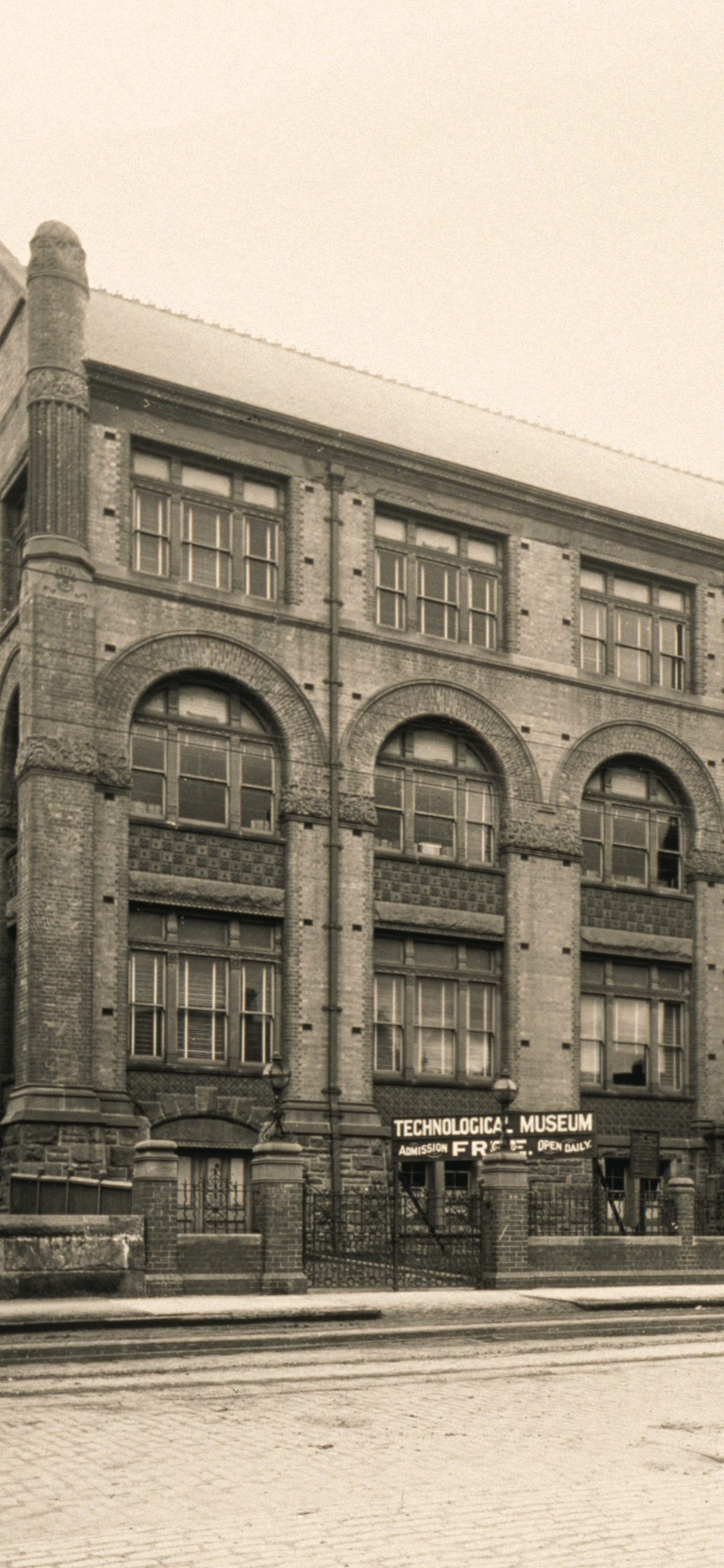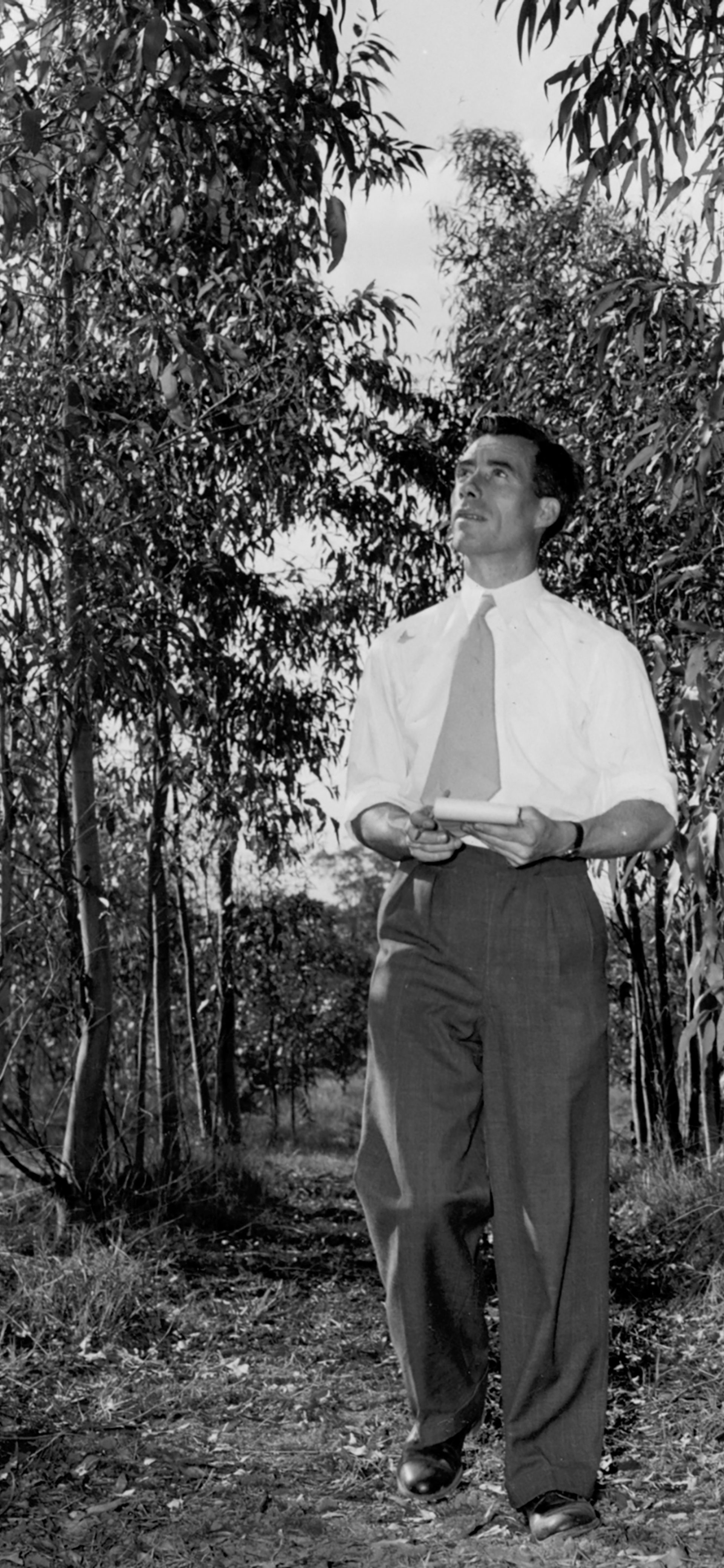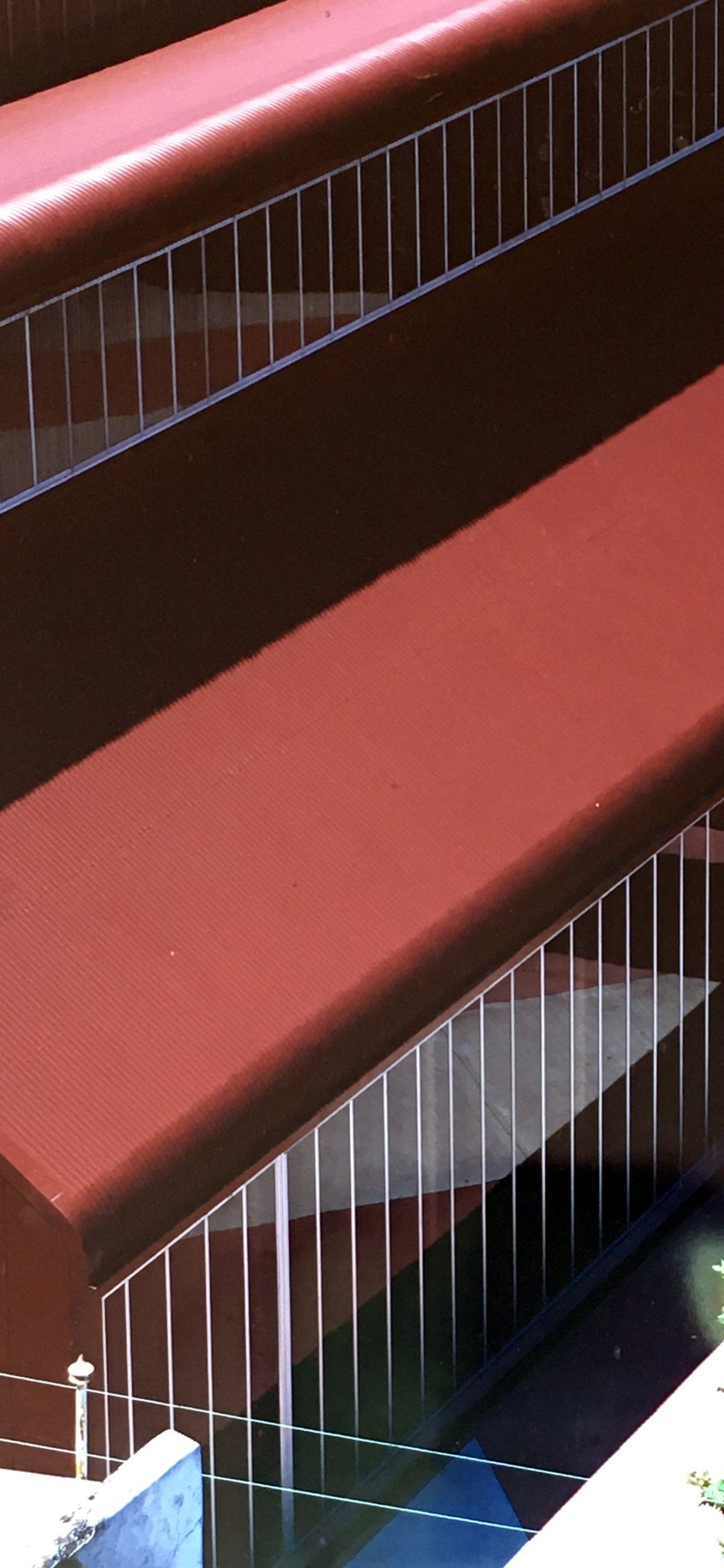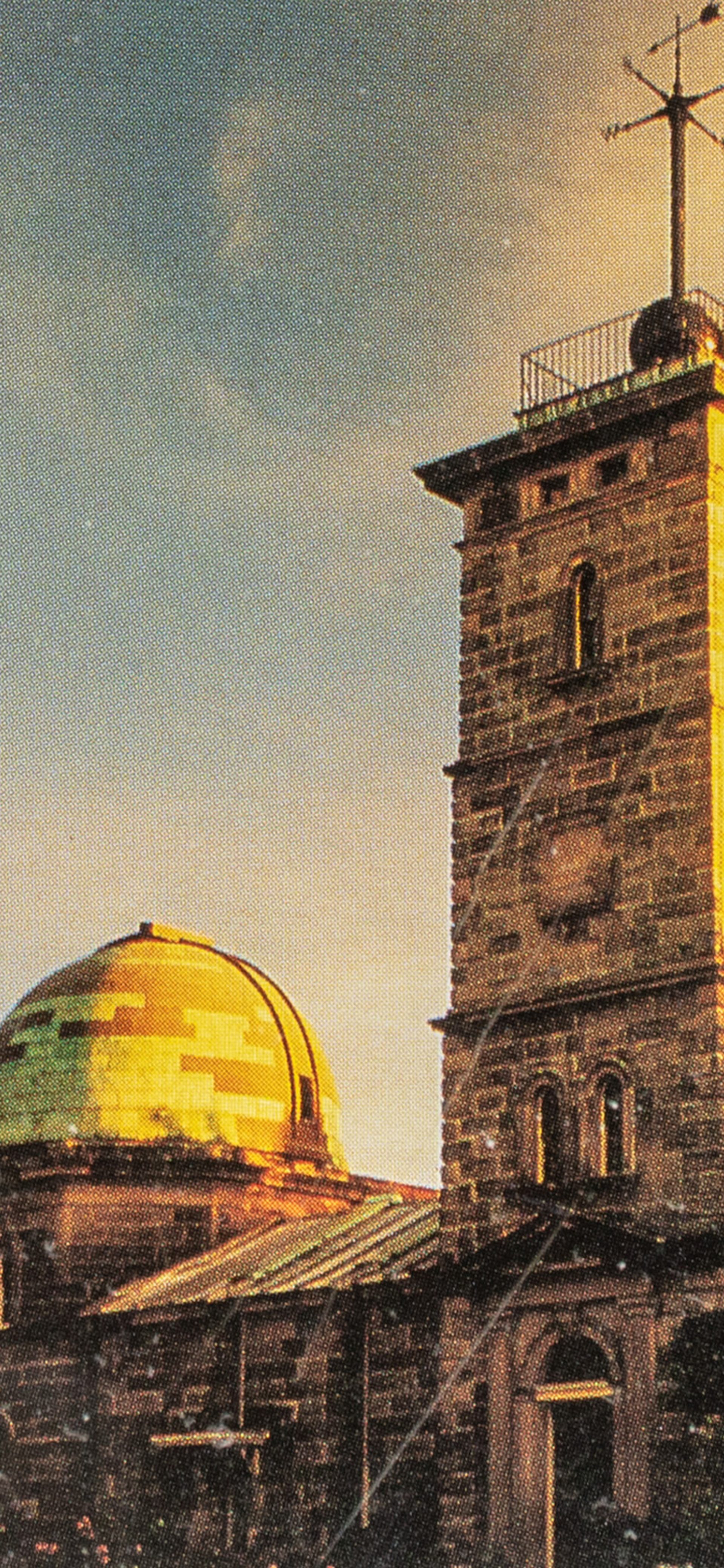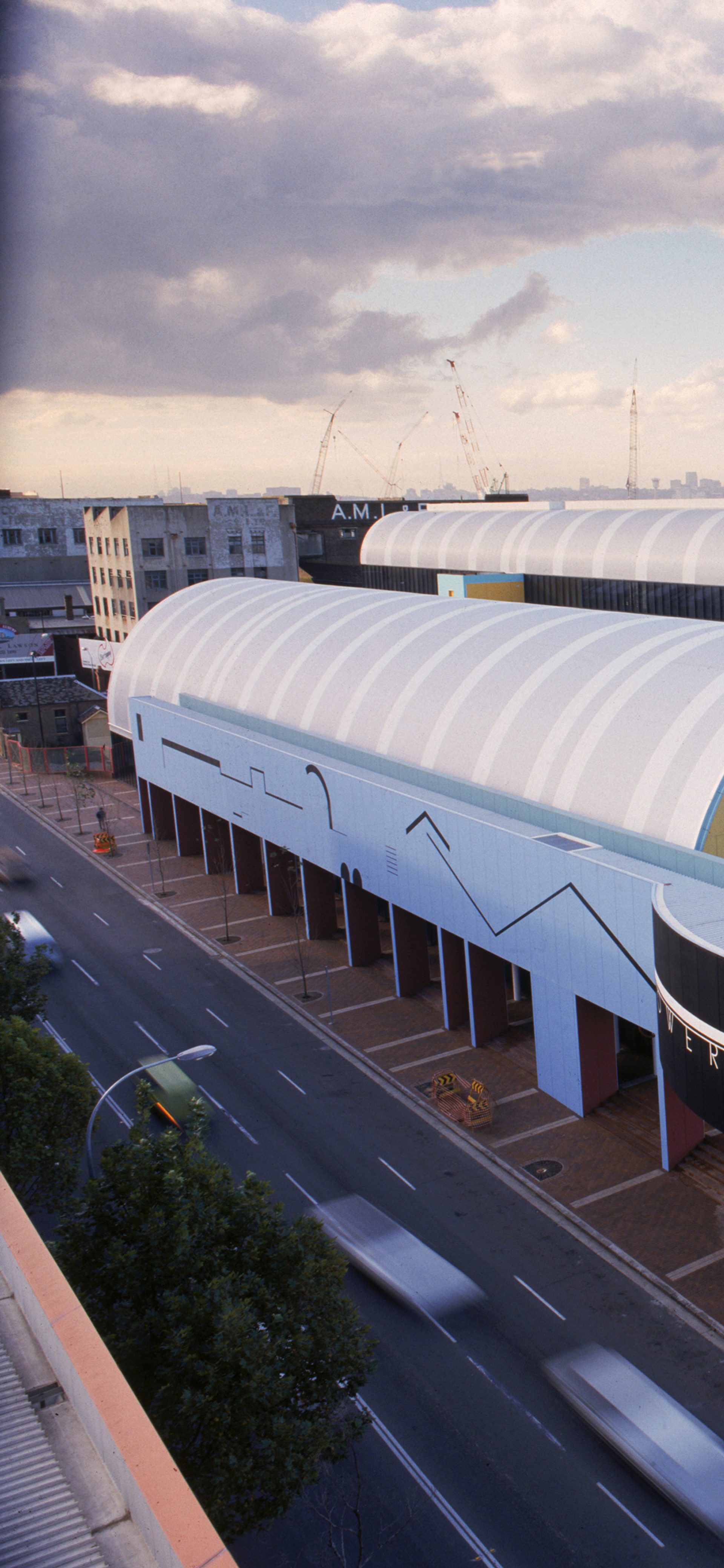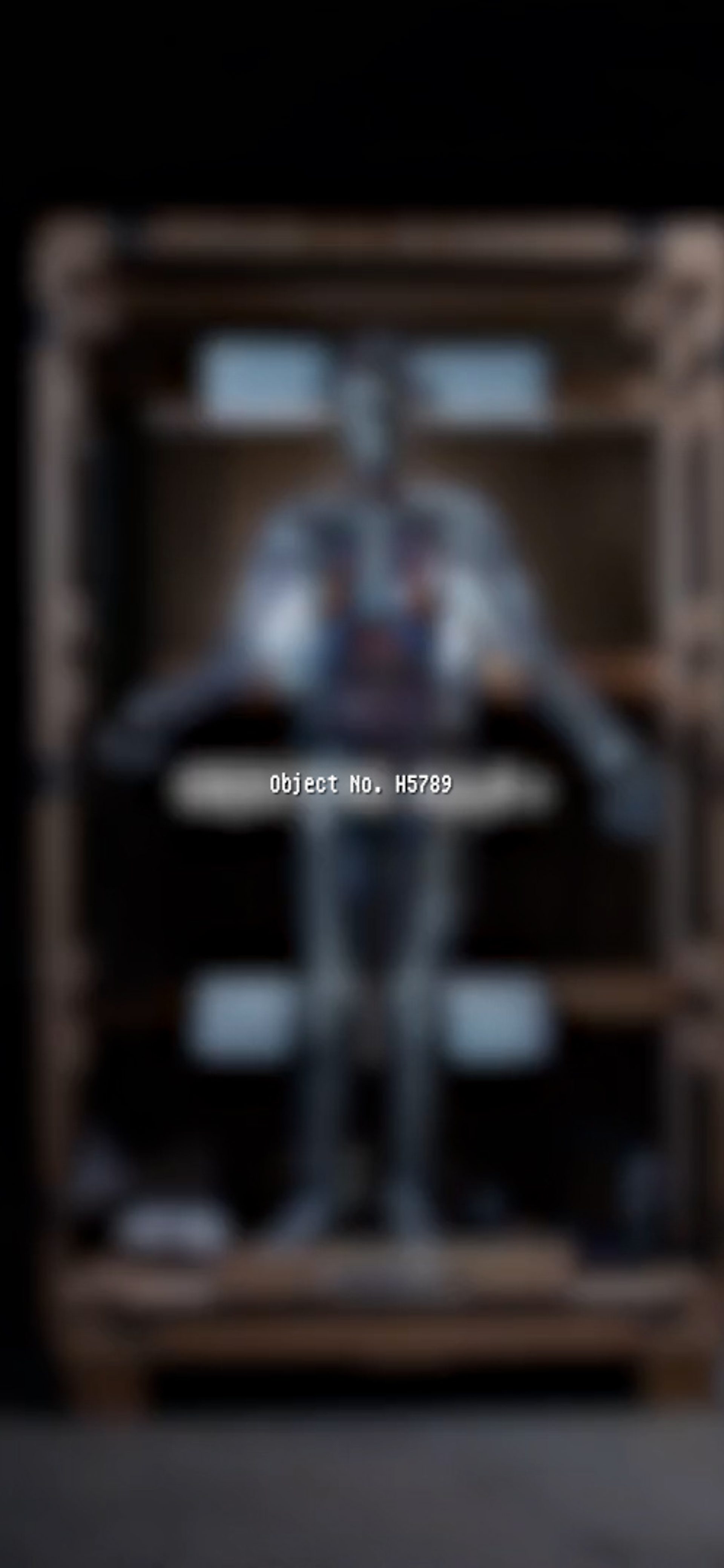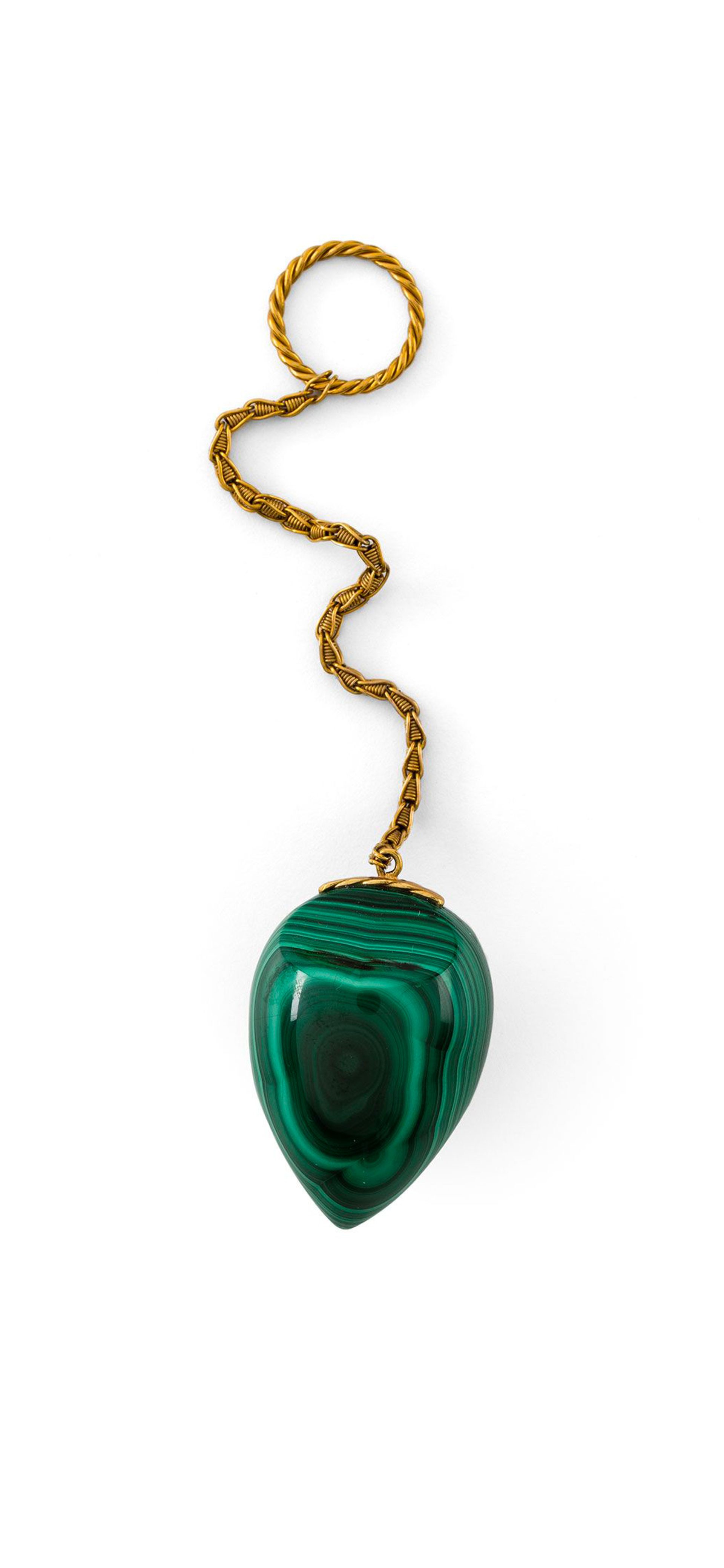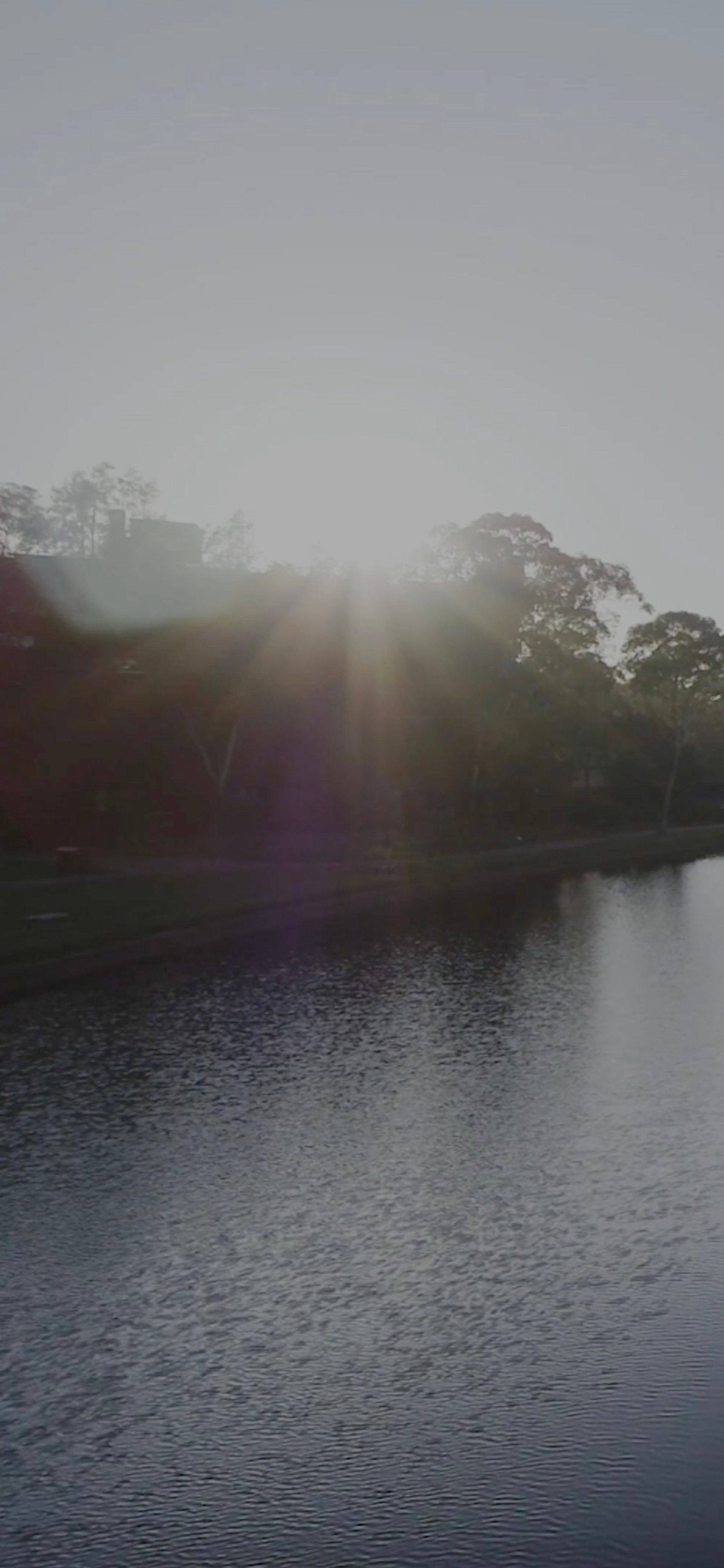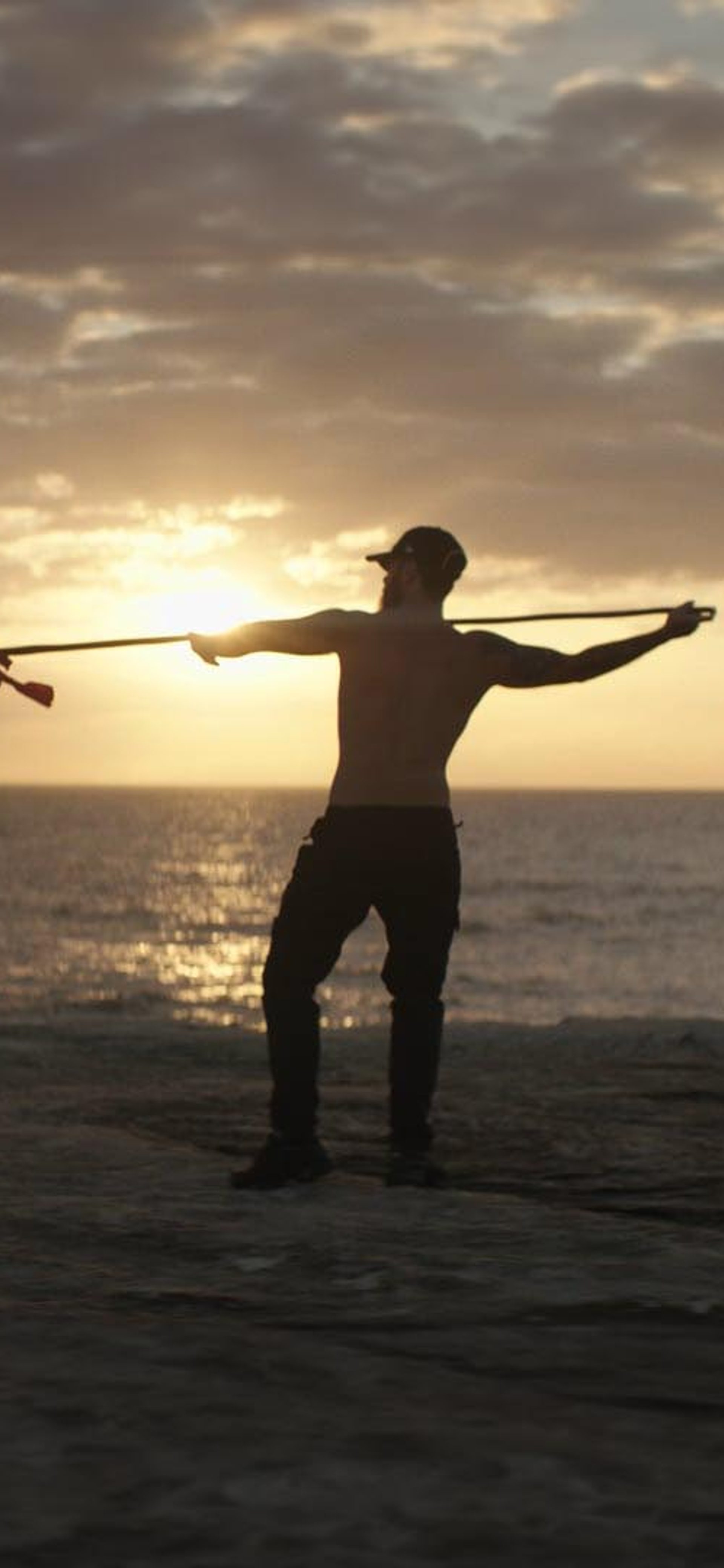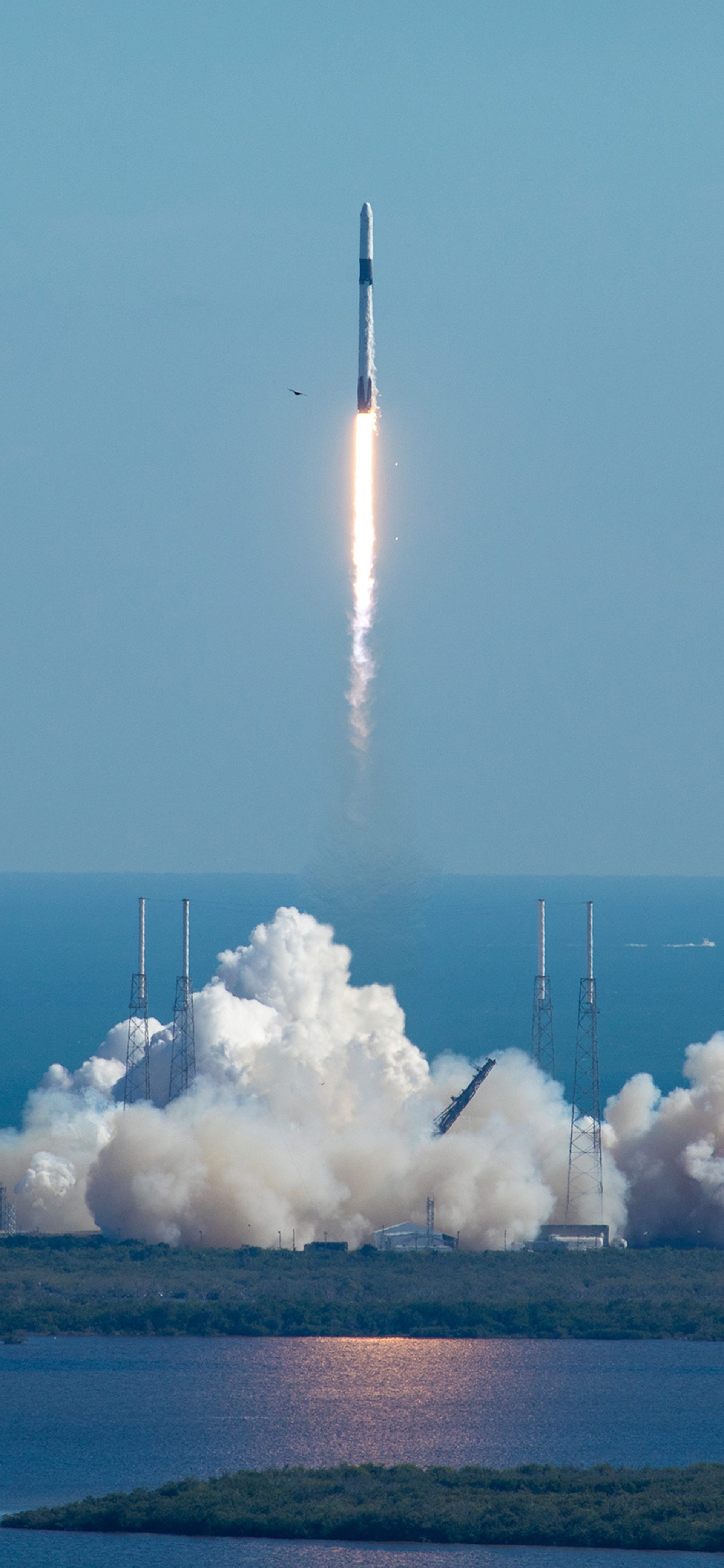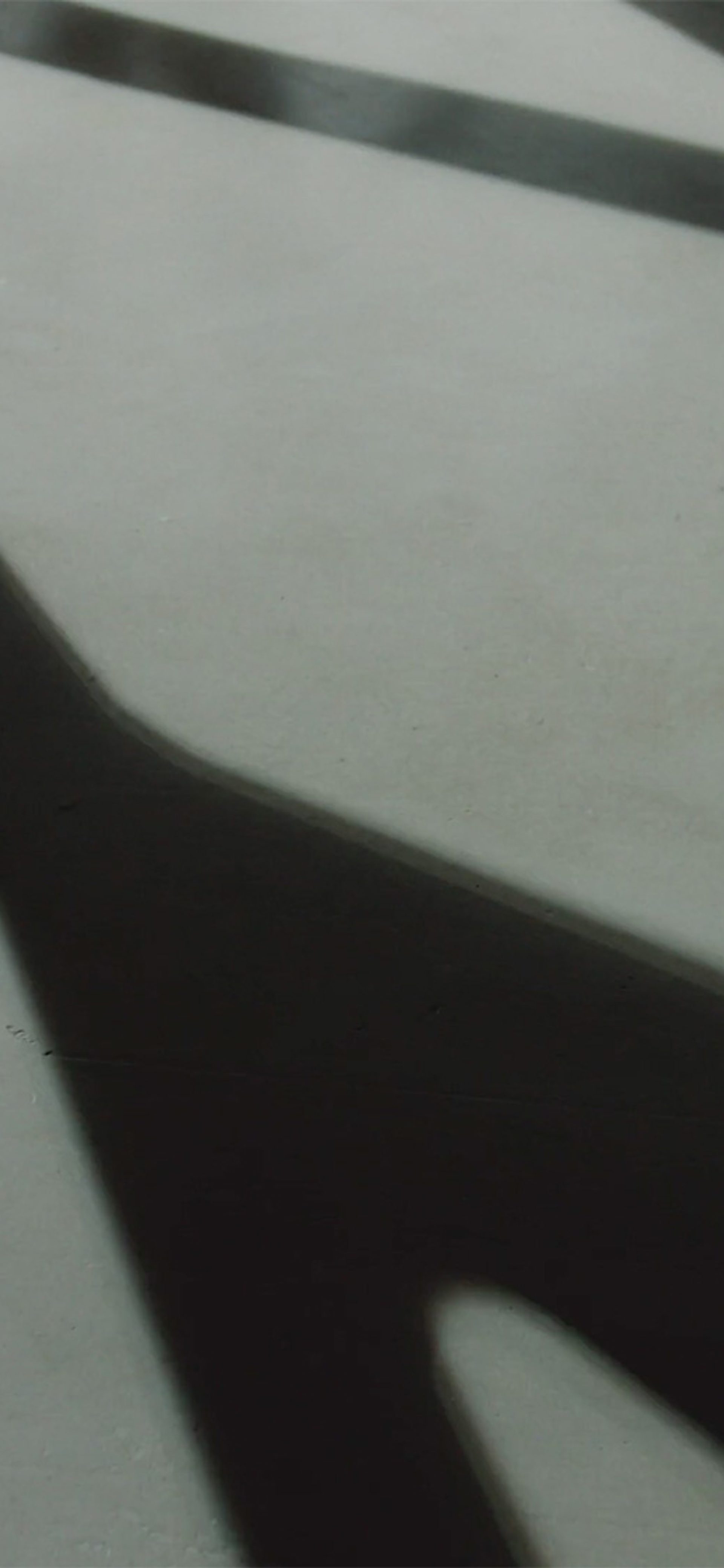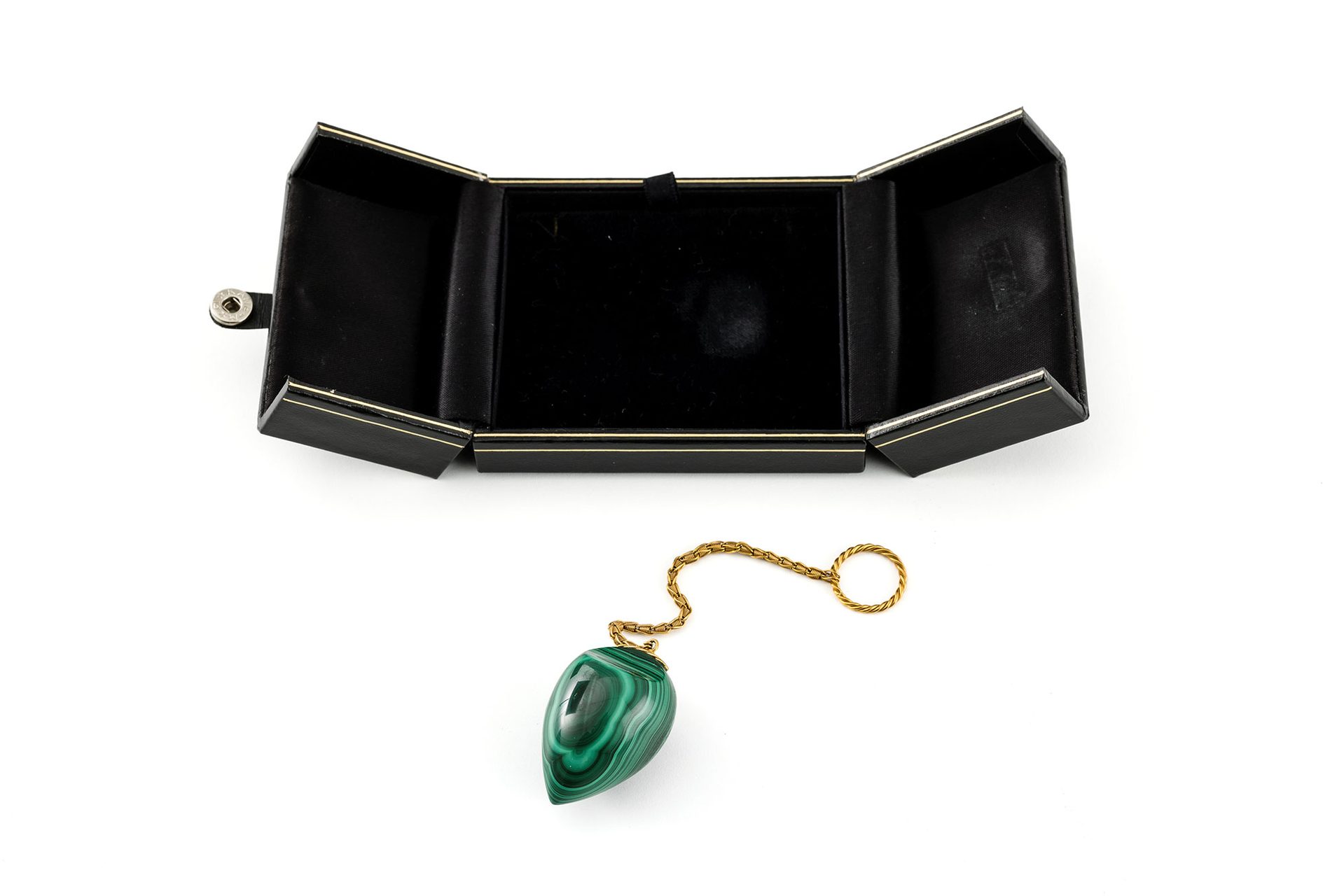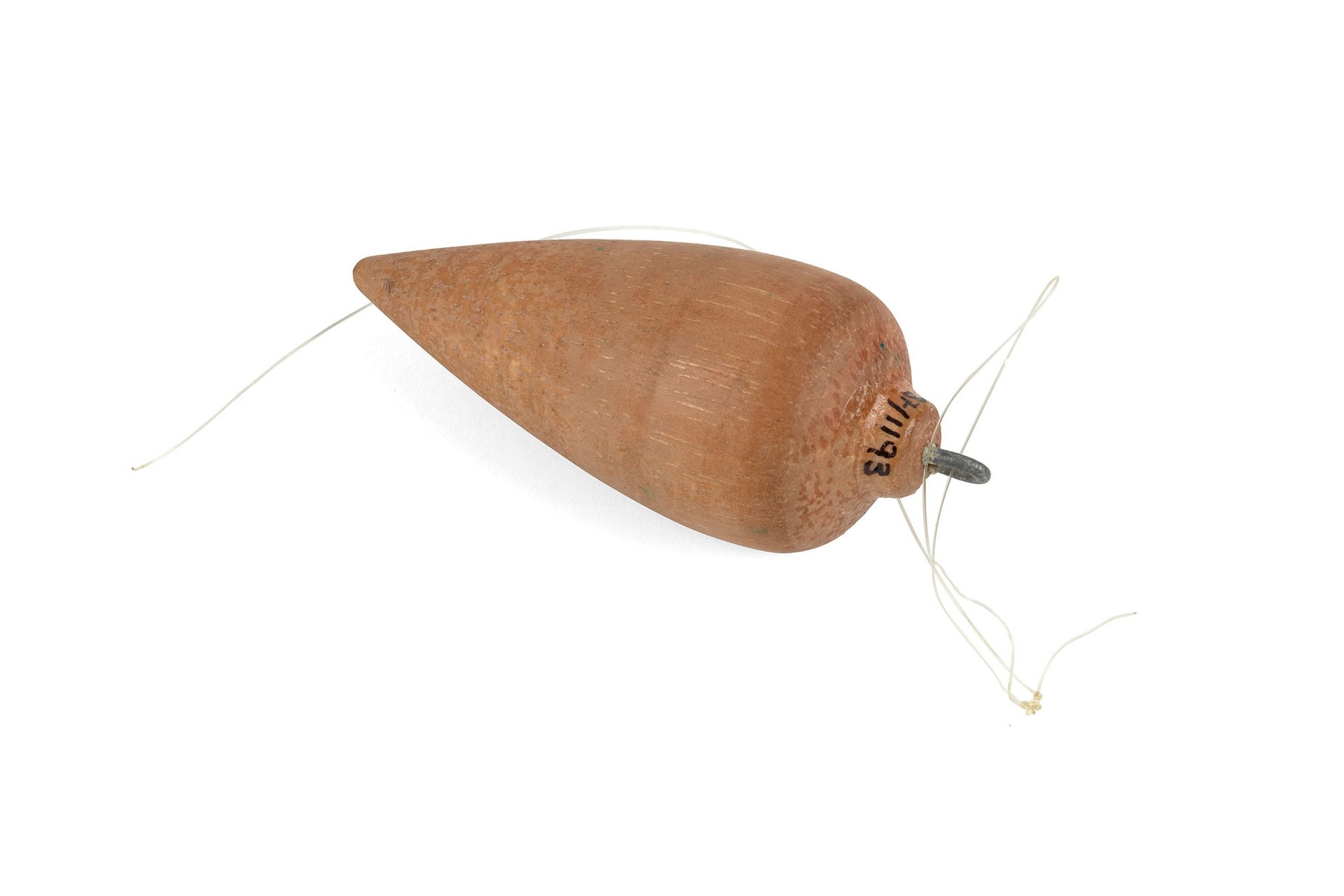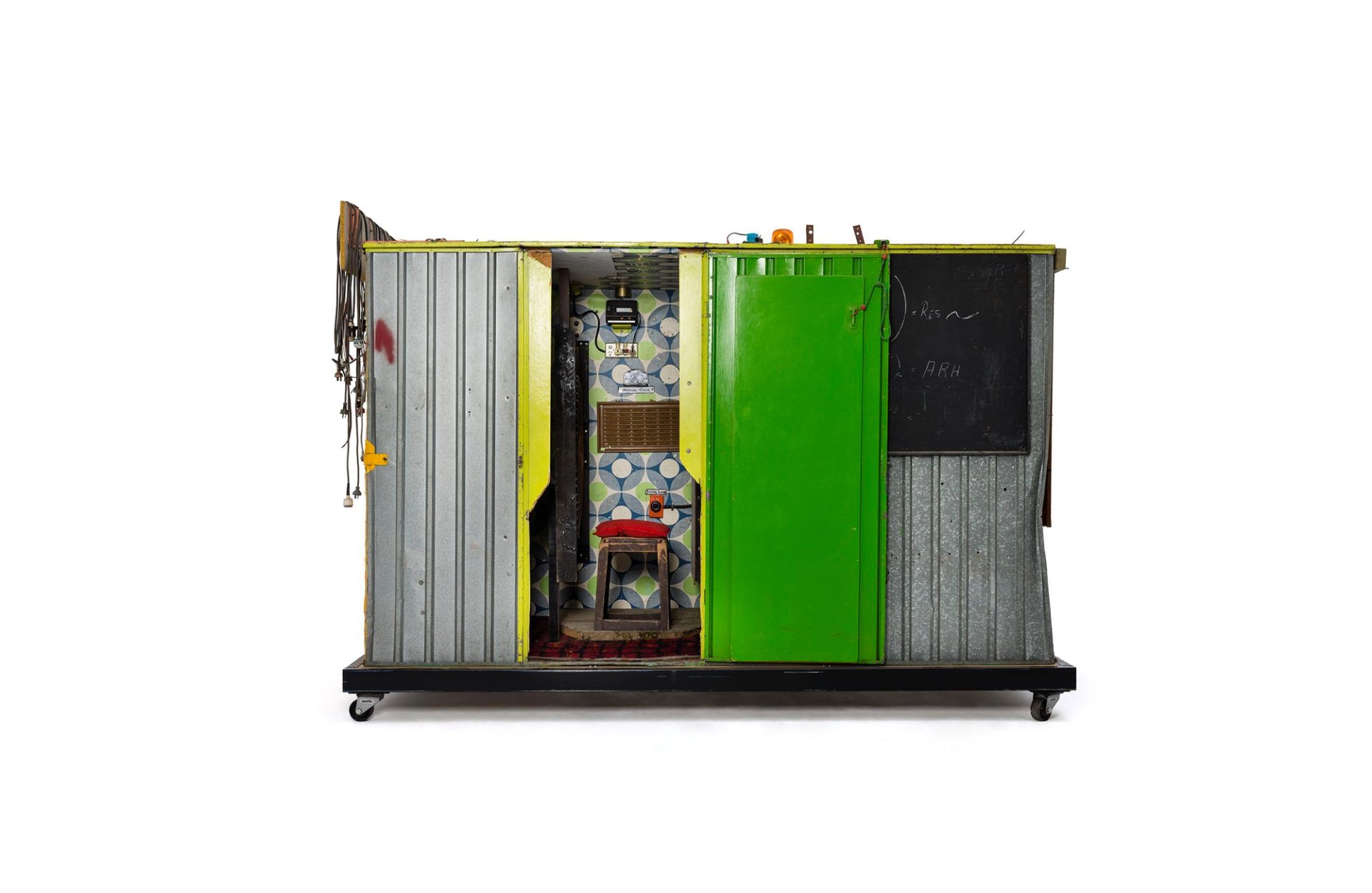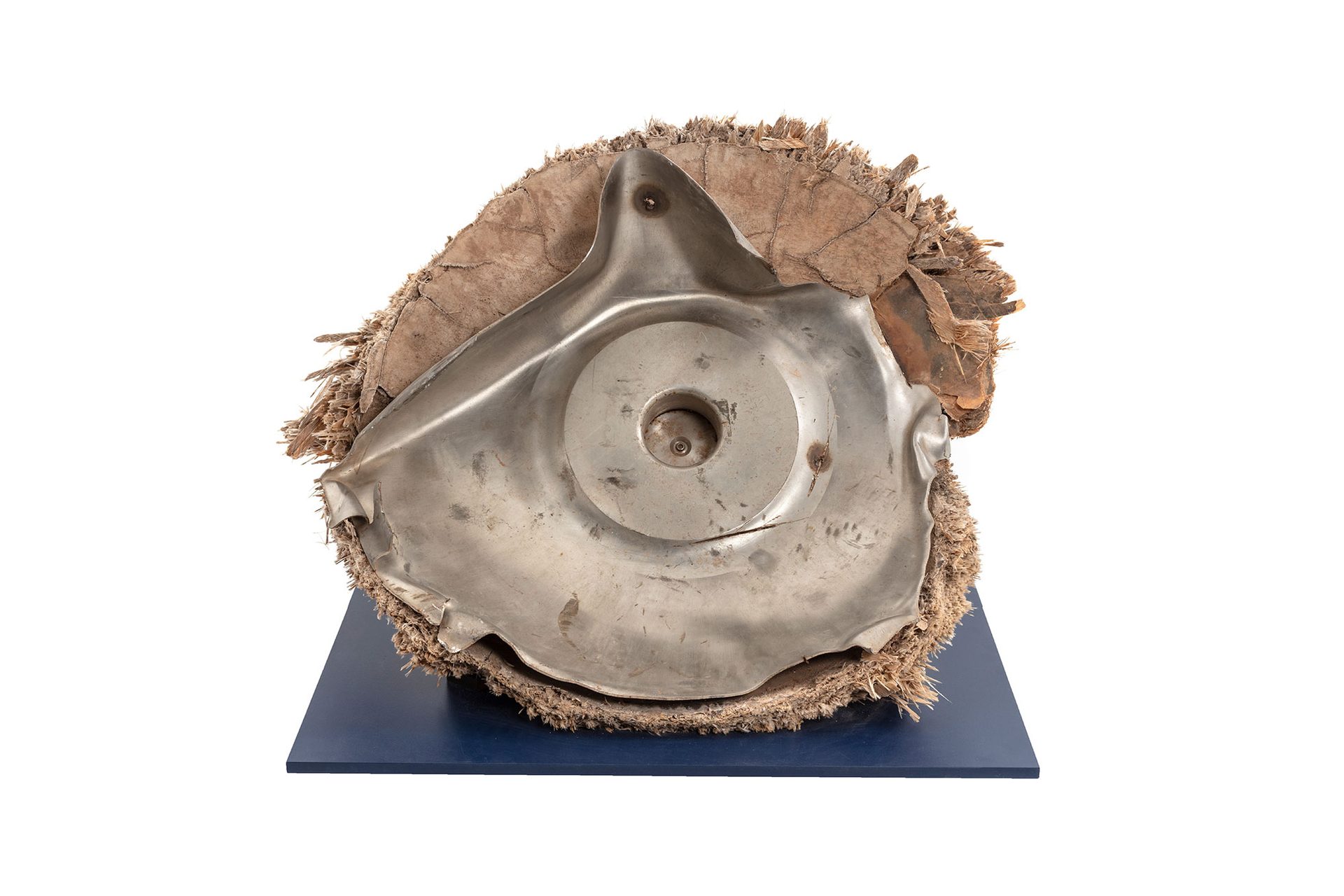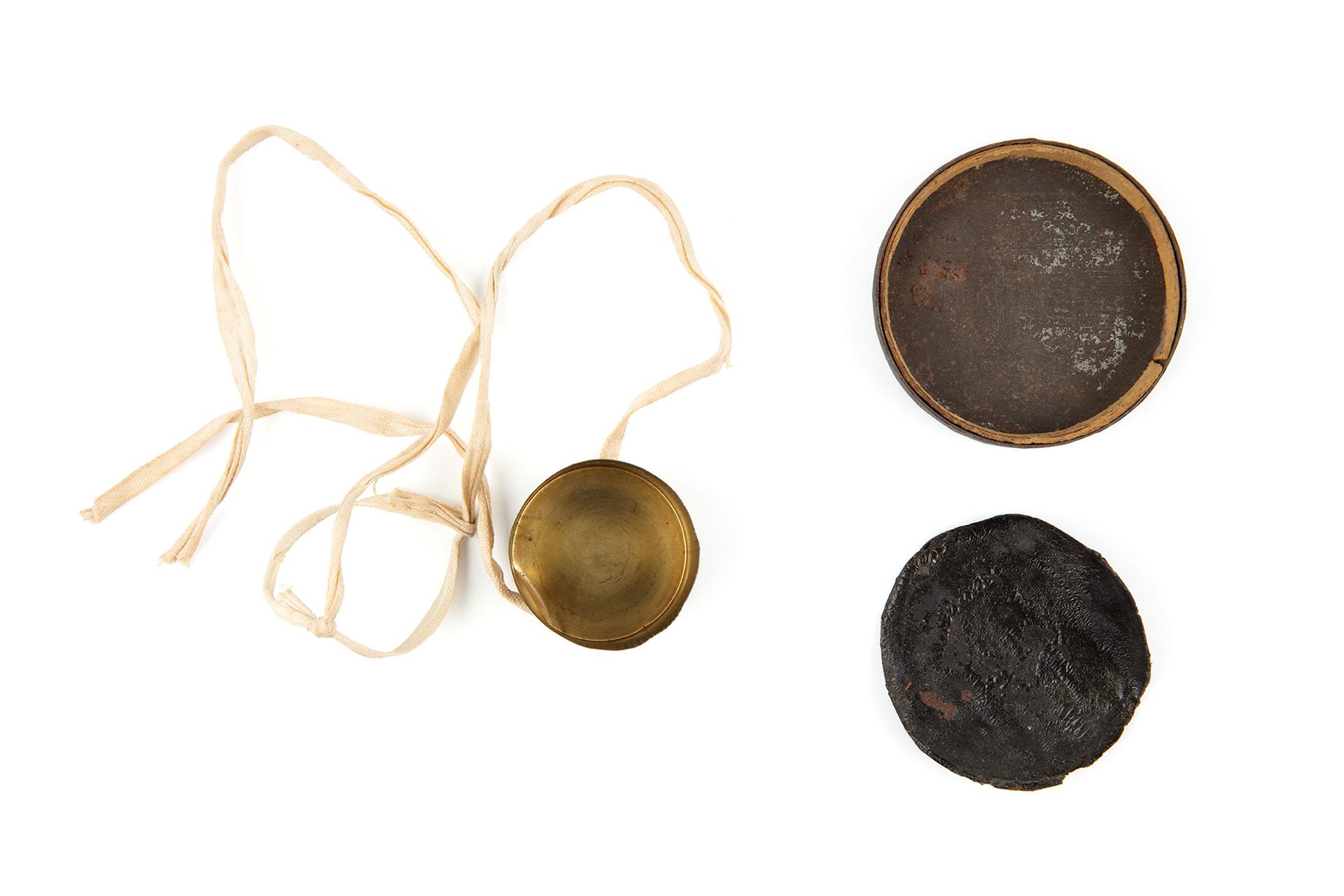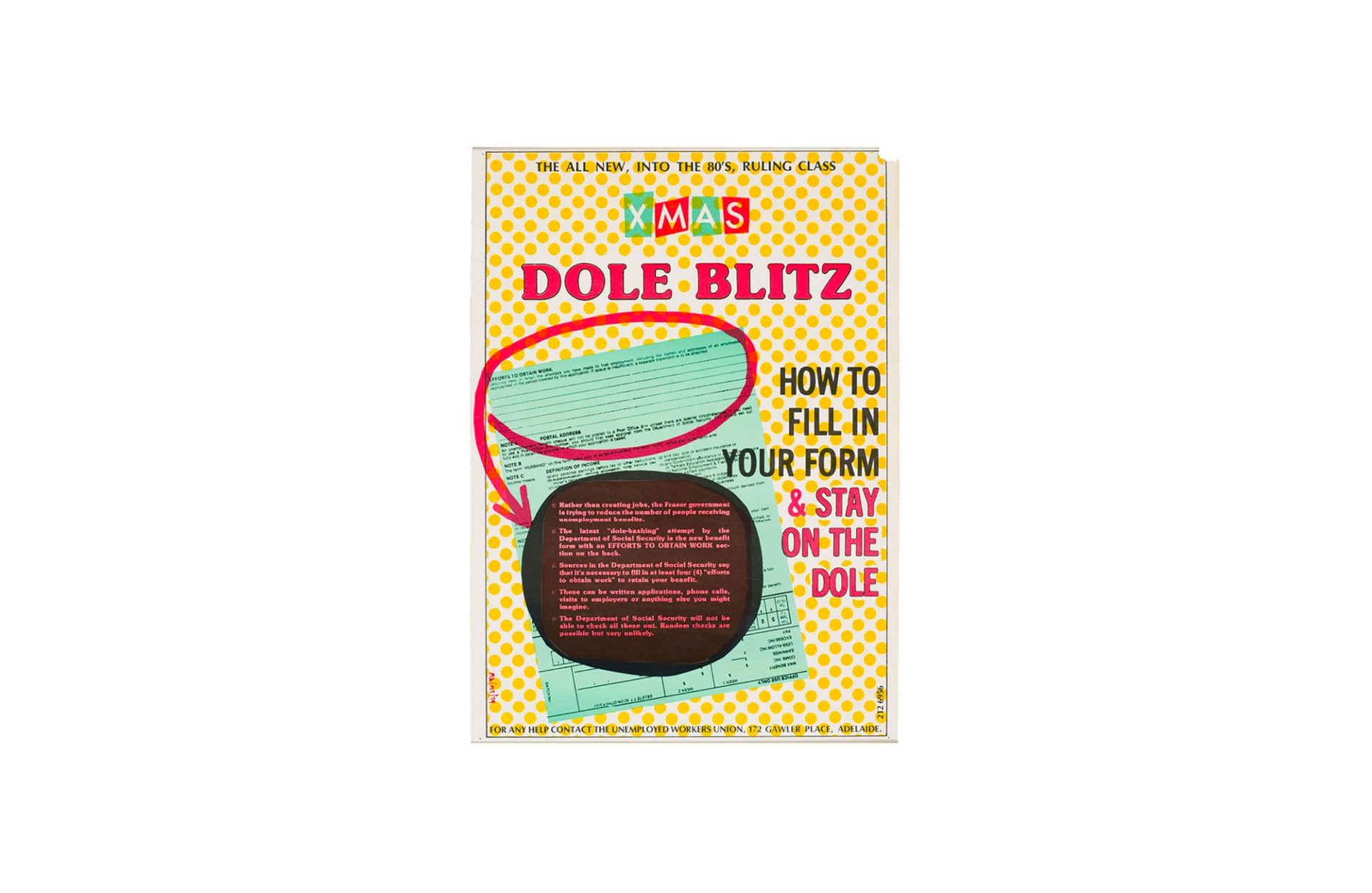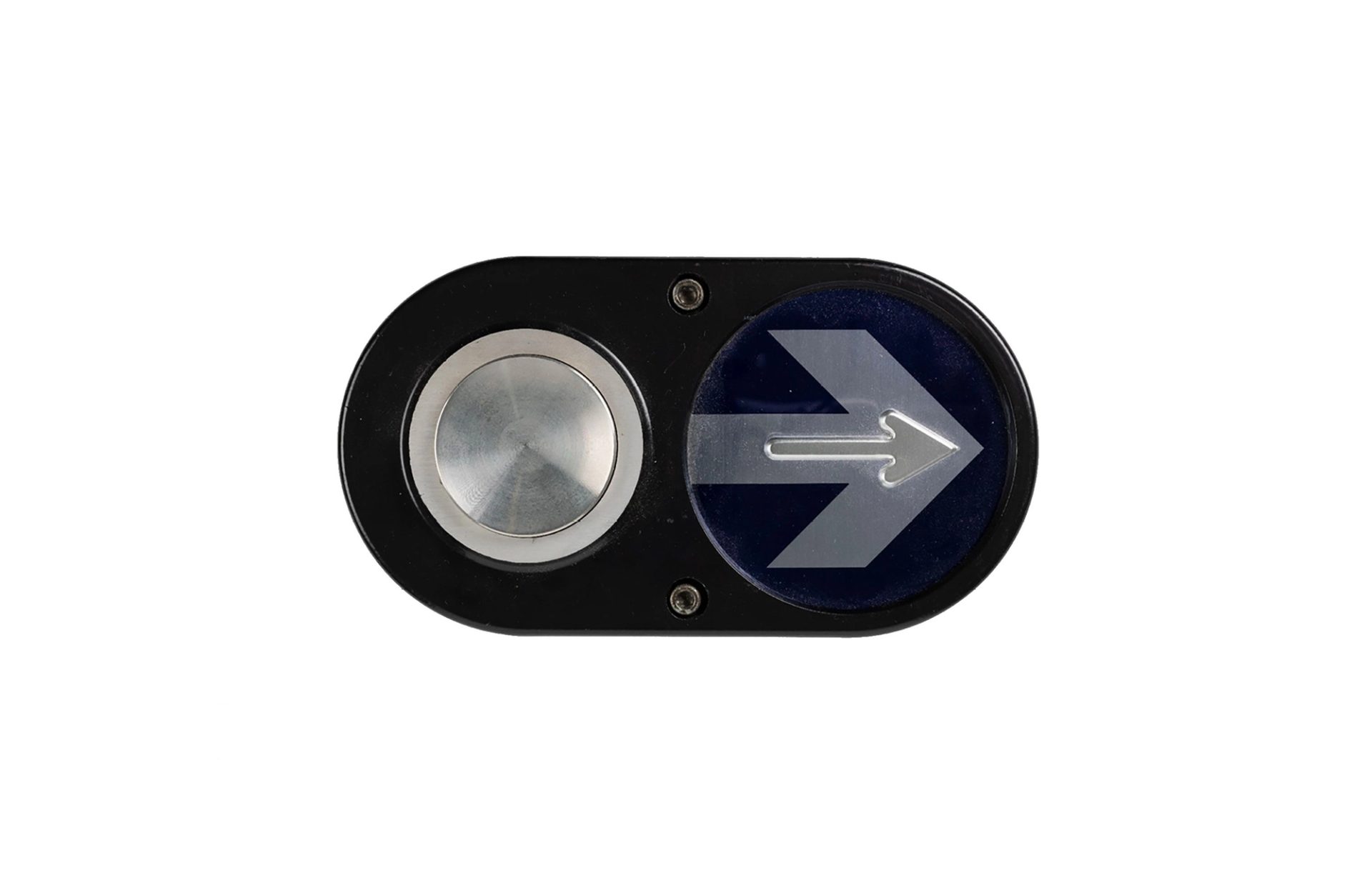Radiesthesia

From heartbeats to brainwaves, economic cycles to cosmic orbits, oscillations can be found everywhere. This podcast takes artists and listeners deep into the Powerhouse Collection of half a million objects to unearth stories about the vibrations, fluctuations, and movements woven through our world – and beyond it.
Radiesthesia is a kind of pseudoscience – an occult practice dedicated to detecting the radiation of living beings and inanimate objects, and using it to locate people, illness, minerals, water. In this episode, writer Omar Musa explores divination and love, with the help of object number 87/1192 – a radiesthesia pendulum.
‘I was drawn to this object because it seemed evocative of the type of spirit that poets (and yearning lovers) often invoke, a summoning or divination process, where the lines between art and pseudoscience blur.’
Transcript
Omar Musa Radiesthesia.
Left. To right.
Left. To right.
Wave the pendulum left to right.
Our love making itself was an act of radiesthesia – the detection of your magnetic field, the dowsing of breath, the divination of underground springs, the sensitivity to radiation.
